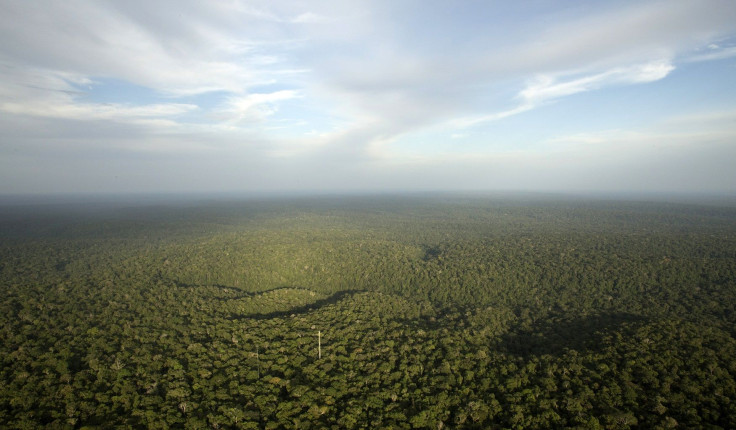Tsimané people in Bolivian Amazon has lowest heart disease rates, study finds

Scientists have discovered that the Tsimané people of the Bolivian Amazon may have the healthiest hearts in the world. This may be due to various elements such as a high carbohydrate diet and exercise.
According to researchers from Long Beach Memorial Medical Center in the United States, the Tsimané's pre-industrial age lifestyle may have given them stronger hearts. Gregory Thomas, senior cardiology author, said the lifestyle of the Tsimané may be a good model to develop stronger cardiovascular systems.
Their study, published in the Lancet medical journal, revealed that an 80-year-old Tsimané man has a heart of an American in his mid-50s. Aside from this, it was discovered that most of the Tsimané can live their lives without developing coronary atherosclerosis.
Coronary atherosclerosis is the buildup of plaque in the heart's arteries. This can slow down blood flow and even cause blood clots, which can become heart attacks. Thomas and his colleagues discovered that Tsimané adults who took part in their study almost had no risk of heart diseases.
It seems 13 percent had low risk, and only three percent or 20 individuals had moderate or high risk. In contrast, half of 6,800 people interviewed in the United States have moderate to high risk of heart attacks. Meanwhile, according to the Heart Foundation, cardiovascular disease affects one in six Australians, or 4.2 million citizens.
“Most of the Tsimané are able to live their entire life without developing any coronary atherosclerosis. This has never been seen in any prior research," Thomas said in a news statement. However, aside from this, the Tsimané were also found to have low heart rate, blood pressure cholesterol and blood glucose.
This can be attributed to their lifestyle. The Tsimané have a high carbohydrate diet of rice, plantain, corn and manioc. They also eat a very small amount of wild game and fish, and have around six hours worth of exercise every day.
However, the researchers are yet to determine if the active lifestyle of the Tsimané are to credit for their healthy hearts. Regardless, it seems that the interaction between their diet and lifestyle are important factors of their cardiovascular health.
Meanwhile, Dr Ben Trumble of Arizona State University said that these factors may be tested due to improvements in the region. This is due to the arrival of new infrastructure such as roads that could increase access to nearby towns. In turn, this can give the Tsimané access to new food such as sugar and cooking oil, which can introduce new elements in their diet.
"This is ushering in major economic and nutritional changes for the Tsimané people," Trumble said. He added that lifestyle changes may result to increase in cholesterol levels, compared to those dependent on hunting and fishing.
However, the Tsimané people are still more prone to infections than those living in the United States. Regardless, Hillard Kaplan of the University of New Mexico said that the Tsimané still have very high likelihood of "living into old age."





















